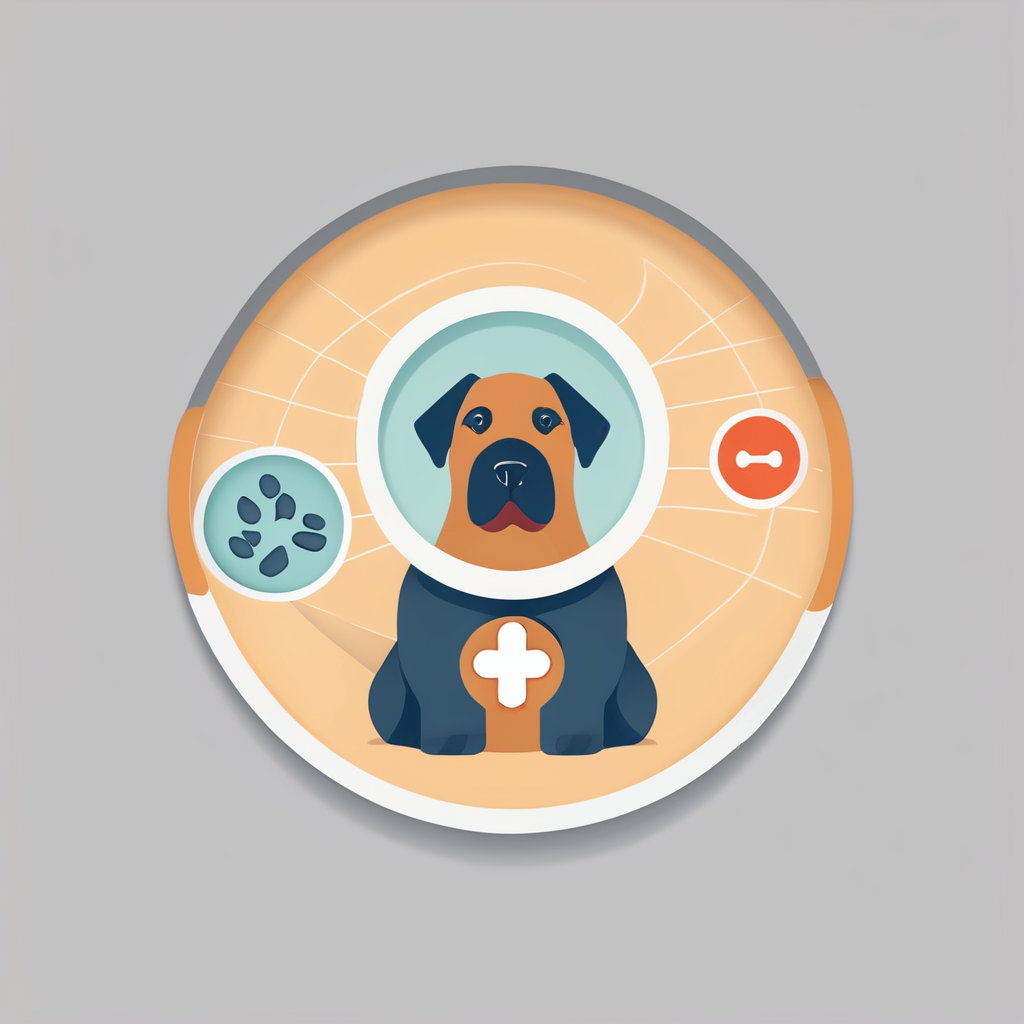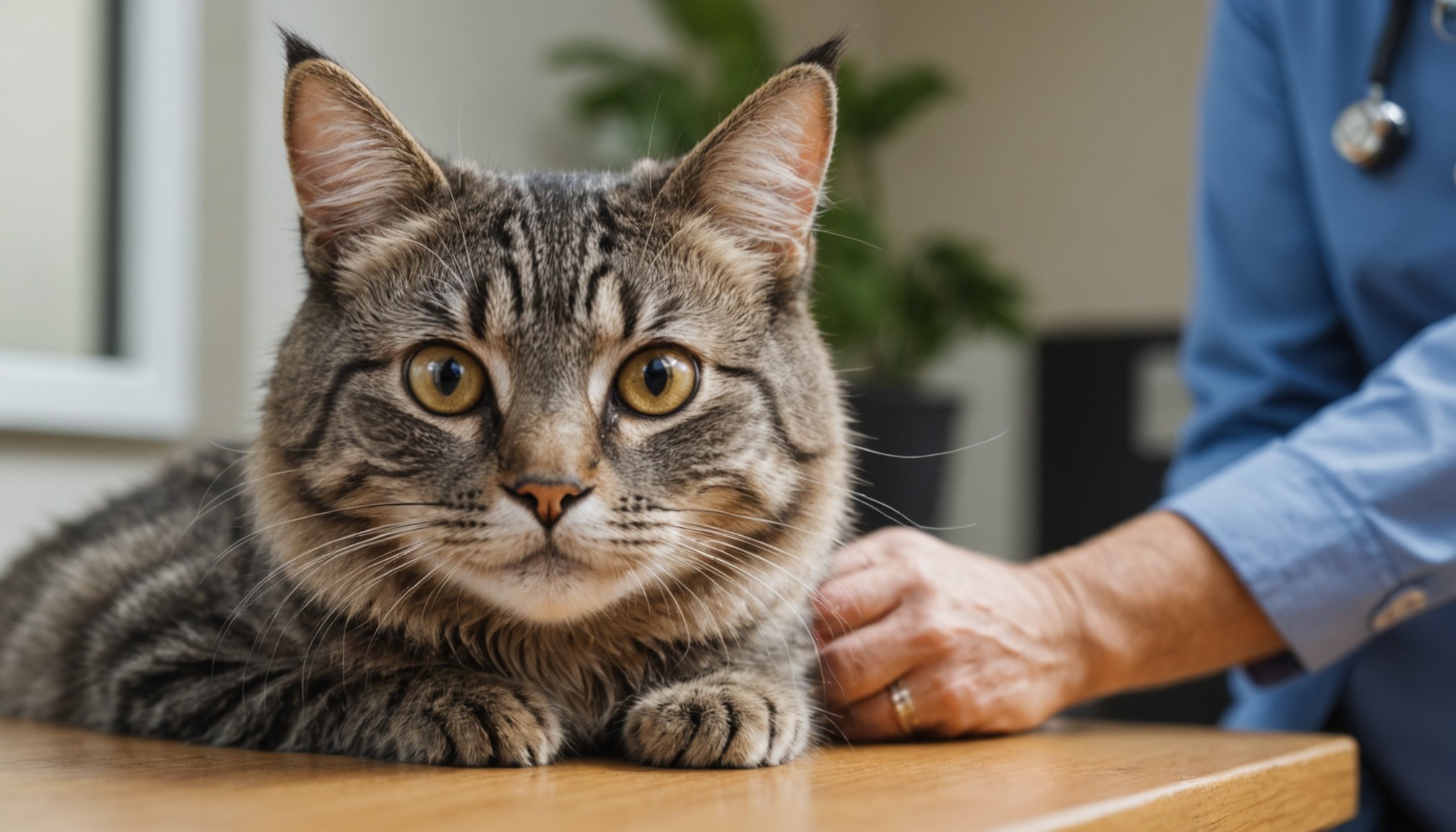Cat owners often wonder how to keep their feline friends healthy and happy. One of the key components to ensuring your cat lives a long and vibrant life is through routine health check-ups. These regular visits to the veterinarian can prevent serious illnesses, catch health issues early, and provide peace of mind for you as a pet owner. In this article, we will explore the importance of routine health check-ups for your cat, discuss what to expect during these visits, and explain how you can prepare your pet for a successful experience. Understanding the significance of these regular check-ups is crucial in maintaining your cat’s overall well-being.
Understanding the Value of Routine Health Check-Ups
Routine health check-ups form the backbone of preventive care for your cat. These visits allow veterinarians to assess your pet’s health, monitor for any signs of illness, and administer necessary vaccinations. Just like humans, cats can develop health issues that may not present obvious symptoms in their early stages. Regular examinations help catch these problems before they become critical, ensuring prompt treatment.
In parallel : Ultimate handbook for designing an enriching play environment for cats with visual impairments
Moreover, routine check-ups offer an opportunity for veterinary professionals to educate you about your cat’s specific needs. Each cat is unique, with distinct dietary requirements, exercise levels, and health risks depending on their breed and age. By having these conversations during check-ups, you can tailor your care approach to better suit your cat’s individual lifestyle.
Another key aspect of these visits is the administration of vaccines. Vaccinations protect against serious diseases such as feline leukemia and rabies. Your veterinarian will recommend an appropriate vaccination schedule based on your cat’s age, health status, and lifestyle, ensuring they remain protected against common and potentially deadly illnesses.
Also to read : Essential Nutritional Needs for Pregnant Queens: How to Tailor Their Diet for Optimal Health
Finally, routine health check-ups strengthen the bond between you and your veterinarian. They become familiar with your cat’s medical history, making them more equipped to provide personalized care. This relationship is fundamental in ensuring your cat receives timely and effective treatment should any health issues arise in the future.
What Happens During a Routine Health Check-Up?
During a routine health check-up, several essential procedures take place. Firstly, your veterinarian will conduct a thorough physical examination of your cat. This includes checking their weight, temperature, heart rate, and respiratory rate. They will examine your cat’s skin, coat, eyes, ears, and mouth to assess overall health.
One of the primary goals of this examination is to identify any signs of distress or illness. For instance, changes in weight can indicate underlying health issues such as thyroid problems or diabetes. Similarly, dental health is crucial; the veterinarian will look for signs of periodontal disease, which is common in cats and can lead to more severe health complications if left untreated.
In addition to the physical exam, the veterinarian may recommend blood tests and urinalysis, especially for senior cats. These tests help identify potential organ dysfunction, diabetes, and other metabolic conditions that could affect your cat’s health. Catching these issues early often leads to more successful treatments and improved quality of life.
Your veterinarian will also discuss any behavioral changes you may have noticed, such as changes in appetite or activity levels. These observations can provide valuable insights into your cat’s health that may not be immediately obvious during a physical exam. Ultimately, the goal of each check-up is to provide a comprehensive understanding of your cat’s health status, allowing for early intervention when necessary.
How to Prepare Your Cat for a Check-Up
Preparing your cat for a routine health check-up can greatly influence the experience for both you and your pet. Start by ensuring your cat is familiar with their carrier, as this will be their transportation to the veterinary office. Leave the carrier out in your home with some comfortable bedding or favorite toys inside. This will help reduce anxiety and make it a less intimidating space.
On the day of the appointment, keep your cat indoors to avoid any potential stressors that could arise from outdoor adventures. It’s also a good idea to avoid feeding your cat right before the visit, especially if blood tests are being conducted. Check with your veterinarian to understand their specific recommendations regarding fasting before exams.
When you arrive at the veterinary office, remain calm. Cats can pick up on their owner’s emotions, so your calm demeanor can help ease their anxiety. If your cat is nervous, speak to them softly and gently pet them to provide comfort. It’s also beneficial to have a list of any questions or concerns ready, as this ensures you cover all necessary topics during the appointment.
After the check-up, reward your cat with their favorite treat or extra playtime at home. This positive reinforcement will help create a more favorable association with veterinary visits in the future, encouraging them to remain calm and cooperative during subsequent check-ups.
The Long-Term Benefits of Routine Health Check-Ups
The long-term benefits of routine health check-ups for your cat cannot be overstated. Regular veterinary visits contribute to improved overall health and longevity. By identifying health issues early, you can prevent complications that might necessitate extensive treatments or surgeries down the line. This proactive approach often results in not only a longer life for your cat but also a better quality of life.
Furthermore, routine health check-ups allow for consistent monitoring of your cat’s growth and development. For kittens, these visits are crucial for establishing their health baseline and ensuring that they are developing properly. Each stage of life presents its challenges; therefore, having a vet who knows your cat’s history can lead to better management of chronic conditions as they age.
Another significant advantage is the cost-effectiveness of preventive care. While some pet owners may view routine check-ups as an unnecessary expense, the truth is that early detection of health issues often leads to less expensive and less invasive treatments. A small investment in regular veterinary visits can save you considerable costs in the future by preventing serious health problems.
Finally, routine health check-ups also encourage responsible pet ownership. They remind you of your commitment to your cat’s well-being and provide valuable insights into better care practices, such as nutrition and exercise. By staying informed and proactive, you can ensure your cat remains healthy and happy throughout their life.
In conclusion, routine health check-ups are a vital aspect of caring for your cat. They play an essential role in preventing illnesses, catching problems early, and ensuring your pet receives the necessary vaccinations. As you prepare your cat for these visits, remember that creating a positive experience will encourage a healthy relationship with veterinary care. By prioritizing regular check-ups, you contribute significantly to your cat’s health and happiness. Ultimately, a commitment to routine health check-ups not only benefits your feline friend but also enriches the bond you share, making for a happier life together.









